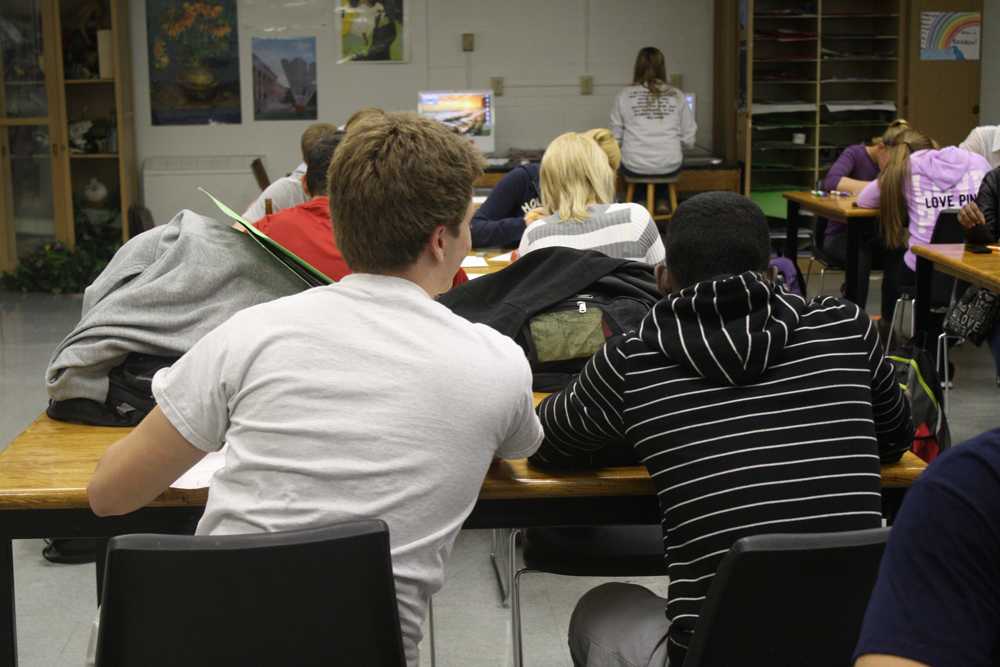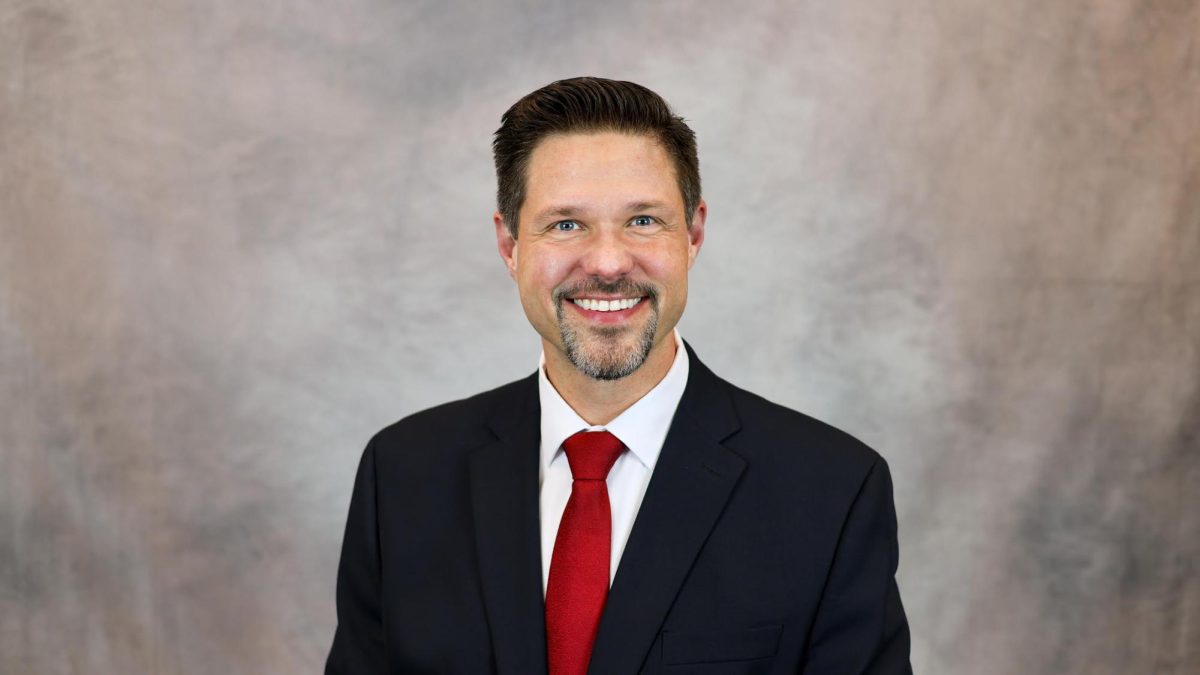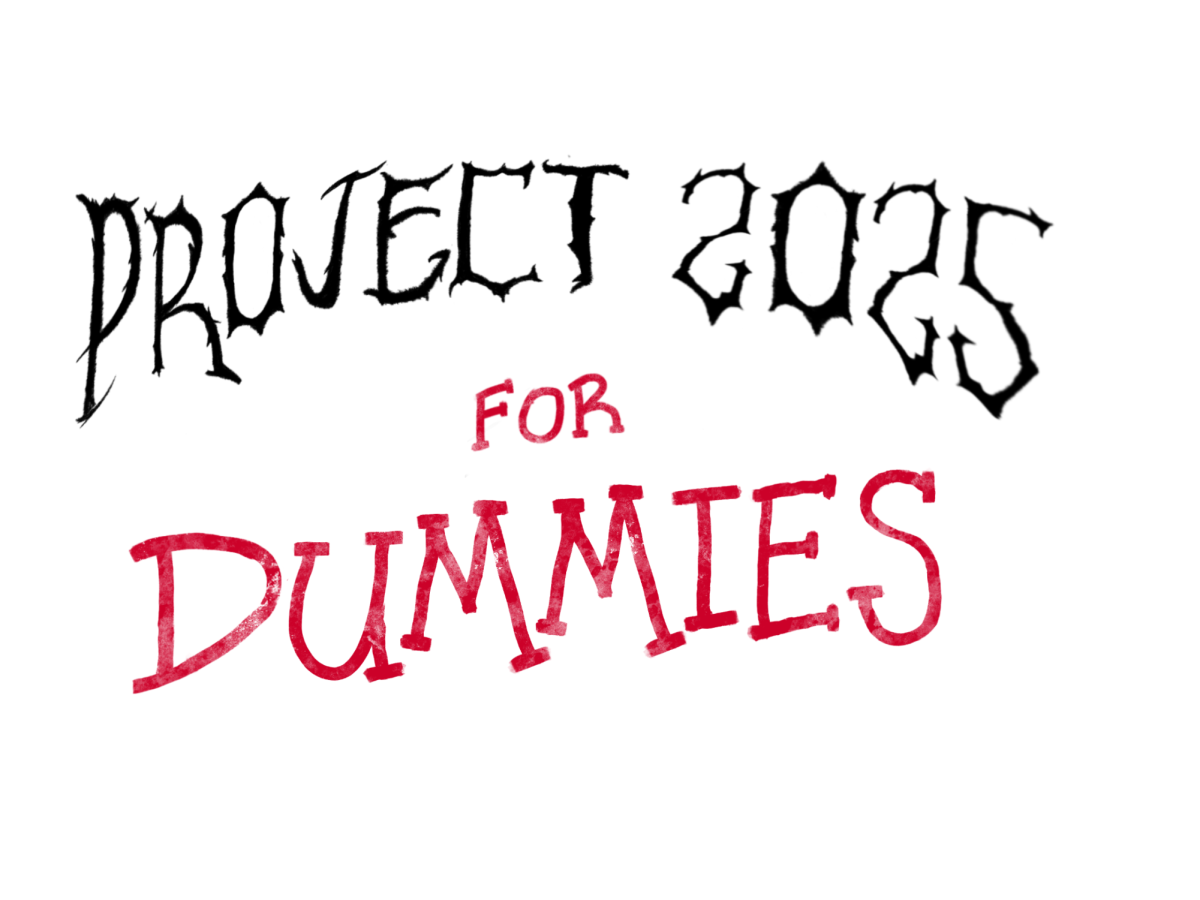The Atlantic Journal-Constitution re- leased a report that examined state math and reading test results for 69,000 schools in 49 states March 25. The report concluded 196 school districts harbored a high concen- tration of what they believed were suspect scores. The Kirkwood School District (KSD) was one of them.
According to The Atlantic Journal-Con- stitution, while the analysis does not prove cheating, it highlights patterns that resem- ble early indicators of academic dishonesty. In Atlanta, that led to one of the biggest cheating scandals in US history. Across the Atlanta public school system, 178 princi- pals and teachers said they were involved in cheating.
“We stand by the fact that we believe in academic integrity,” Dr. Thomas Williams, KSD superintendent, said. “We are ethical, and we wouldn’t do anything to jeopardize our reputation.”
During the investigation, the report placed “flags” on classes that reported atypical test-score shifts. A class is a group of students in the same school from one year to the next.
In any year, a typical district might ex- pect to have about five percent of its classes flagged for unusually high or low perfor- mance relative to their performances in the previous year. According to the report, dis- tricts which consistently have 10 percent or more of their classes flagged or have a high flag rate in a particular year are districts that need to be examined more closely. Out of 28 KSD classes evaluated in 2010, 10.71 percent were flagged, while in 2011, 21.43
percent were flagged. “We do have fluctuations,” Williams said. “Every year you have different groups of
kids and different factors that could influ- ence test scores. We wouldn’t change our scores, because we want the truth. We use data to improve learning for everyone, and when we see areas that need improvement, we attack them.”
Along with the alleged cheating occur- ring on state math and reading tests, cheat- ing on the SAT and ACT has also become an issue. The ACT and SAT organizations plan to impose stricter regulations in re- sponse to a scandal in which more than 20 high school students from Long Island, New York were arrested for paying people to take their ACT and SAT exams for them.
Beginning this fall, the SAT and ACT col- lege entrance exams will require students to upload or mail photos of themselves that will be printed on tickets checked against a photo identification the day of the test.
“It is awful hard work to go to those ex- tremes to cheat,” Emily Berty, college and career counselor, said. “It makes me sad it has gone this far.”
According to Berty, students might choose to cheat on college entrance exams because of the extreme pressure to gain ad- mittance into the college of their choice.
“There is a lot of prestige associated with college,” Berty said. “Whether you are just getting into college or trying to get into the right one for you, there is a pressure to achieve something that would make peo- ple envious. This leads people to take risks, and when kids love a certain school, they will do almost anything to get in.”
Despite the alleged cheating, Bob Beck-
er, science teacher, attempts to ensure his students value academic integrity.
“If students don’t know not to cheat, then they haven’t learned anything in my class,” Becker said. “The easy thing to do is to look the other way, but you’re not doing anyone any favors by doing that.”
To discourage cheating, Becker takes precautions that include separating desks during exams, randomizing question or- der and varying questions from test to test. Currently, students in Becker’s Honors Chemistry class are working on a project that requires them to grow a crystal. To pre- vent cheating, Becker changed the color of the crystal so students could not purchase an old crystal from an upperclassman who completed the project.
“[Becker’s precautions] are a way of as- suring everyone does their own work,” Ol- ivia Harris, sophomore, said. “It gives you more practice so you do better, and it pays off because you know what you’re doing because you didn’t copy someone.”
While Harris agrees policies that en- courage academic honesty help students curb the craving to cheat, she admits it still occurs.









